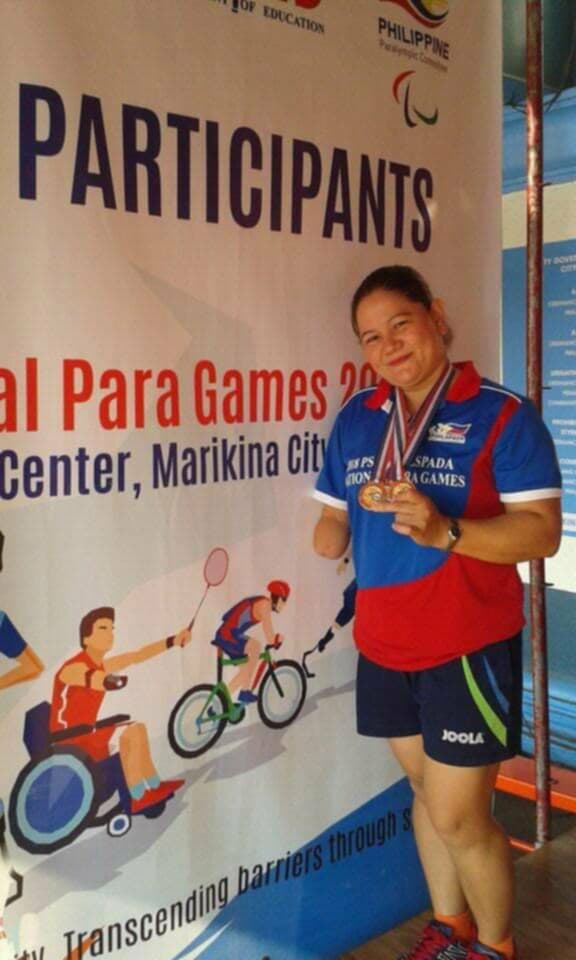International Day for Universal Access to Information
Iag, Stories | September 28, 2023
This year, the International Day for Universal Access to Information on 28 September will focus on the importance of the online space for Access to Information.
It is important to ensure that all people, including people with different types of disabilities, can access information equally. Given the diversity of disabilities, this means we often need to produce different types of information. For example, people who are d/Deaf may require sign language interpretation and/or closed captions, people who are blind or have low vision may use screen readers which read text and descriptions of images/visual content aloud meaning we need to keep this in mind in how we set up our documents.
People with cognitive disabilities and people who are neurodiverse may require text that is well spaced and easy to navigate by using headings, colour, white space, bolding and images and diagrams. Documents that are easy to navigate in this way generally benefit everyone. Other people with cognitive disabilities may require Easy Read documents. Easy Read also benefits people with low literacy and people who do not use English as their first language, therefore, reaching many more people.
Accessibility is acknowledging that we all engage and process information differently, and actively prioritising accessibility without putting the responsibility onto people with disabilities.
As an organisation we are continuously striving to improve how accessible we are, including in terms of information access.
An example
When we, CBM’s Inclusion Advisory Group (IAG), partnered with OPDs on research on disability-inclusive disaster risk reduction in the Asia and Pacific regions, we wanted to ensure that the resources were developed in a range of accessible formats that everyone could access.
We developed:
- An Easy Read (Easy English) version of the report;
- An accessible word document version with alt-text, and;
- All the videos we produced included sign language interpretation, captions, and audio descriptions.
This is in line with an inclusive approach to accessibility, recognising and valuing the contributions that people with disabilities bring, and addressing potential communicational barriers to ensure people with disabilities have equal opportunities to be informed and participate.
People with disabilities deserve equal access to all spaces of engagement. Access needs and reasonable accommodations should always be considered and catered for in face-to-face AND online environments.
We continue to be advocates for accessible information and hope that you will join us in this journey on #InternationalDayForUniversalAccessToInformation.
More information and useful links
- All documents and videos of Our Lessons: disability-inclusive disaster risk reduction report
- International Day of Universal Access to Information: Website Unesco
https://www.cbm.org.au/stories/international-day-universal-access-information
Related Stories

Five things organisations should think about when supporting OPDs in capacity strengthening
Strengthening the capacity of organisations of people with disabilities...

CBM IAG’s work in 2024 through the Preconditions for Inclusion
As DFAT’s disability inclusion technical partner, CBM Australia's #InclusionAdvisoryGroup (IAG) were so excited to...

Aiming for gold and championing the rights of people with disabilities
Minnie, a 40-year-old mother of two and Treasurer of...
